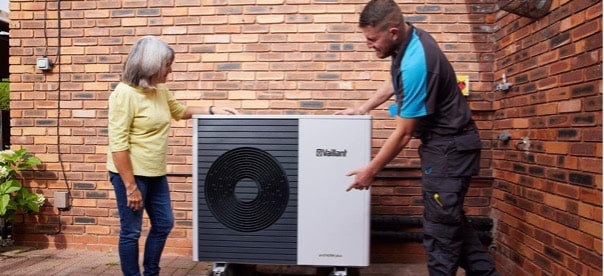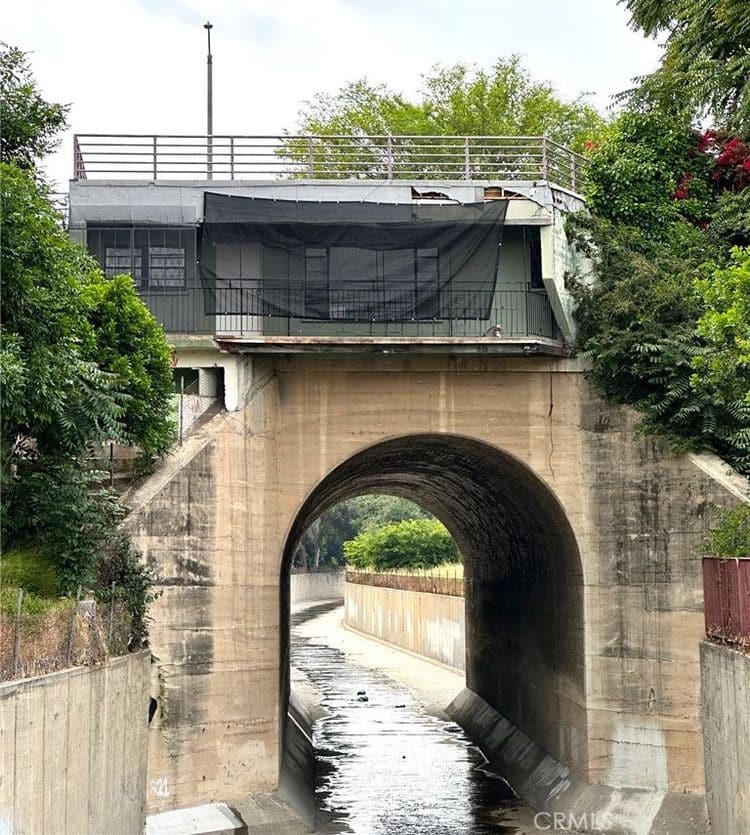As the government’s net-zero strategy gains momentum, Harding Heating has conducted a comprehensive study to assess the progress of heat pump installations, which play a crucial role in the Department of Energy’s plans.
The study highlights a significant disparity in the adoption of heat pumps, with the wealthiest 30% of households being ten times more likely to install a heat pump compared to the poorest third. Moreover, an overwhelming three-quarters (74%) of heat pump installations are found in rural locations. Notably, those opting for heat pumps tend to reside in larger homes, averaging four bedrooms, in contrast to those who choose gas boilers with an average of three bedrooms. Interestingly, heat pump installations are prevalent in either older properties (pre-1900) or newer ones (post-2012), while gas boilers are more commonly installed in houses constructed between 1950 and 1975.
Although heat pumps have demonstrated high satisfaction rates (89%) for heating water, the same cannot be said for space heating, with only 56% satisfaction. This trend is further highlighted by the fact that over two-thirds of heat pump users rely on an additional heat source, with half opting for a wood stove and a third for a gas boiler.
While nearly three-quarters of respondents expressed greater satisfaction with heat pumps compared to their previous heating systems, heat pump users were less likely to recommend them to friends when compared to gas boiler users, with a slightly lower heat pump Net Promoter Score (NPS) of 18 versus 21 for gas boilers.
One key consideration often raised is the impact of heat pumps on energy bills. The study reveals that heat pumps are unlikely to result in significant energy bill savings, with 66% of users expressing satisfaction with their running costs, slightly lower than the almost 60% satisfaction rate for gas boilers, despite the inflated gas prices experienced in 2022. While heat pumps contribute to reducing household emissions, they may not translate into financial savings.
Electrifying household heating presents a formidable challenge, as the government has made it a legal obligation to achieve net-zero emissions by 2050. To meet this ambitious target, changes must be implemented across various sectors and regions of the UK, including household emissions.
As part of their plan, the government aims to increase the annual installation of heat pumps by 20 times, from the current 30,000 to 600,000 by 2028. However, this poses a significant challenge, as the study reveals the need for 27,000 new installers, a significant increase from the mere 3,000 present in 2022. Moreover, the distribution of accredited installers aligns with the trend of higher heat pump installations in rural areas, with Shropshire and Staffordshire standing out as regions with approximately three installers per 100,000 people, ranking among the top ten regions in the UK.
Another notable finding is the relatively slow involvement of energy companies in promoting heat pumps. While energy suppliers account for a fifth of gas boiler installations, they only contribute to 4% of heat pump installations. This raises questions about whether energy giants are safeguarding their gas sales.
In response to these findings, the government has introduced the Strategic Innovation Fund (SIF), a £450 million initiative designed to support heat pumps and other energy-related innovations, with the aim of transforming the UK into an energy-centric “Silicon Valley.” The Boiler Upgrade Scheme, offering grants of £5,000 for heat pump
installation, aims to incentivise households to make the switch. However, households typically still need to contribute an additional £5,000, making heat pumps twice as expensive as an average gas boiler.
Attempting to utilise both incentives and penalties, the government plans to impose a £5,000 fine on boiler manufacturers for each missed heat pump target starting in 2024. This proposal has received mixed reactions from manufacturers, who have expressed concerns about passing on the costs to customers and reducing investment in the UK.
Andrew Harding, Managing Director of Harding Heating, shared his thoughts on the study’s findings, stating, “While we appreciate the government’s efforts to promote the electrification of household heating, we believe that more needs to be done. Currently, only the wealthy can afford to install heat pumps, and we support higher subsidies for lower-income households to ensure heat pumps become equal to or ideally less expensive than gas boilers.”
Harding added, “In addition to the cost barrier, the UK is facing a shortage of installers to meet the ambitious annual installation target. Grants can be part of the solution here as well, funding some of the costs that installers face in obtaining qualifications.”
He concluded, “The government and the industry cannot single-handedly achieve the net-zero objective. The people of Great Britain must also rally behind these efforts and embrace heat pumps, allowing the UK to become a shining example in the battle against climate change.”
The full research findings can be found at: https://www.hardingheating.co.uk/post/heat-pump-research






